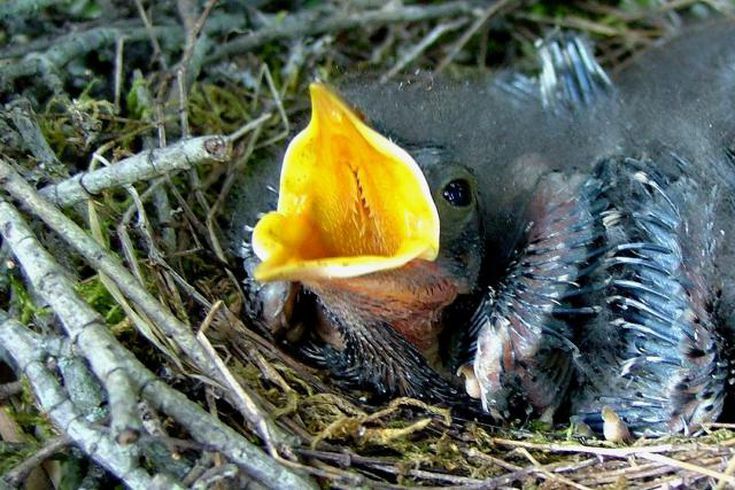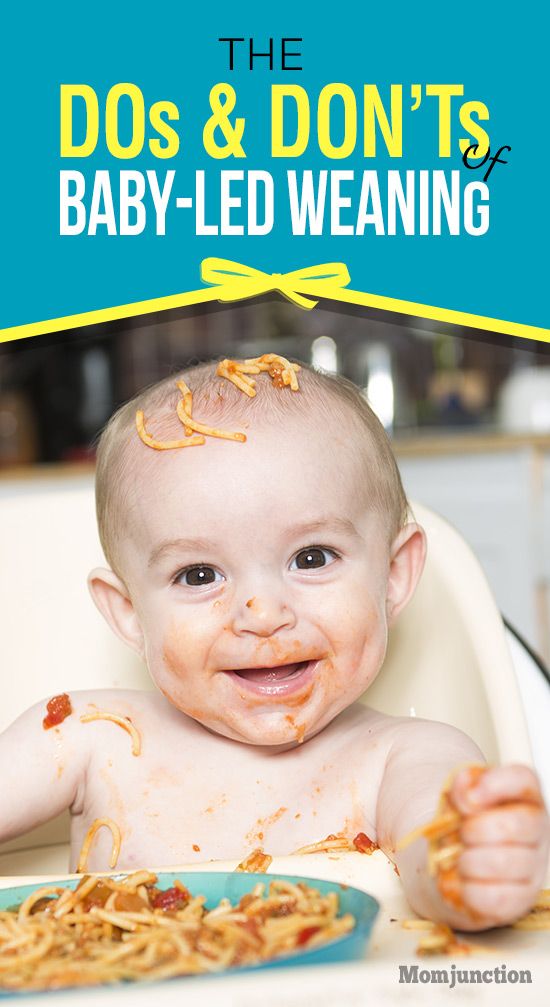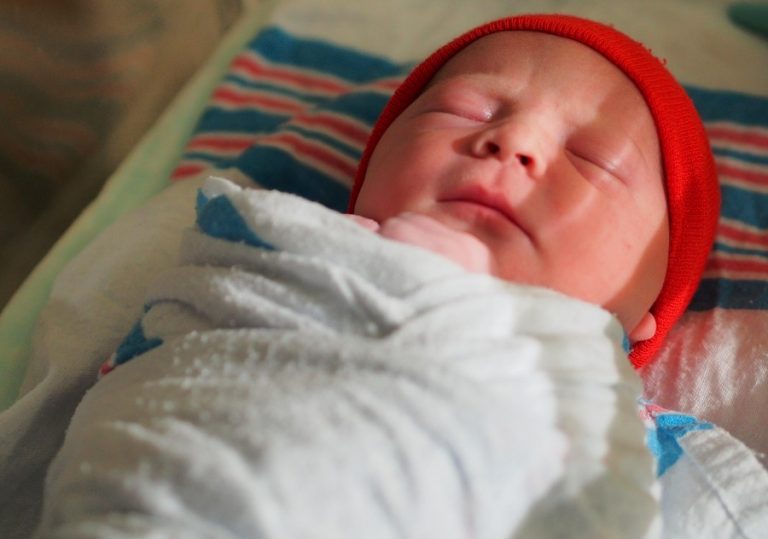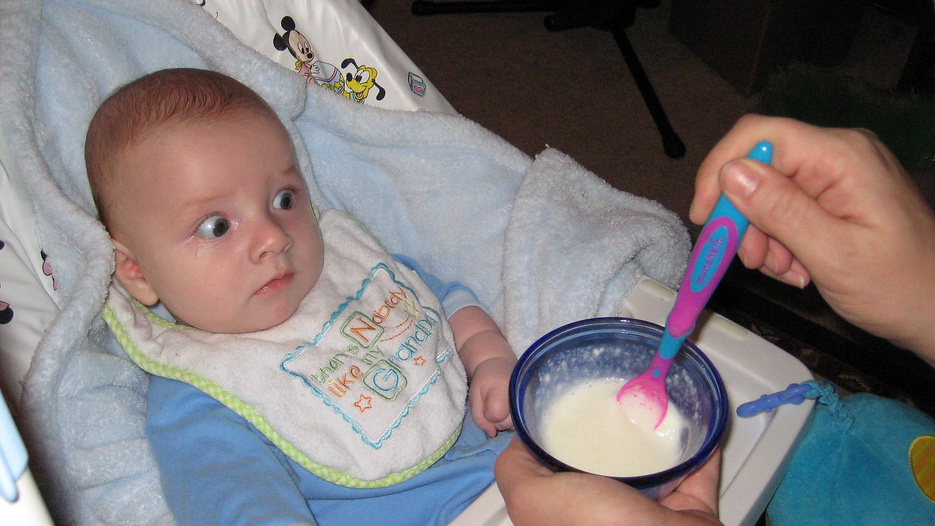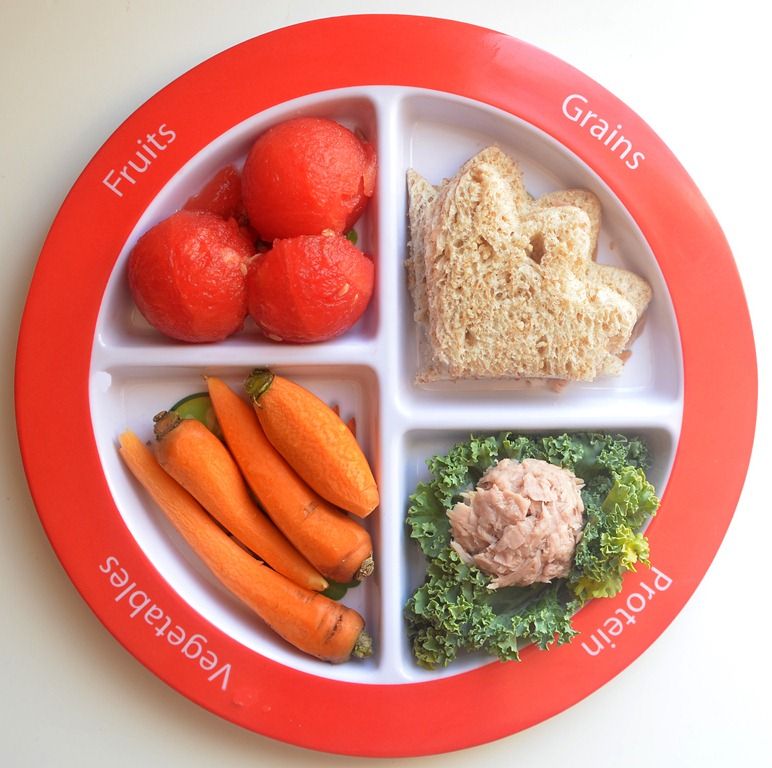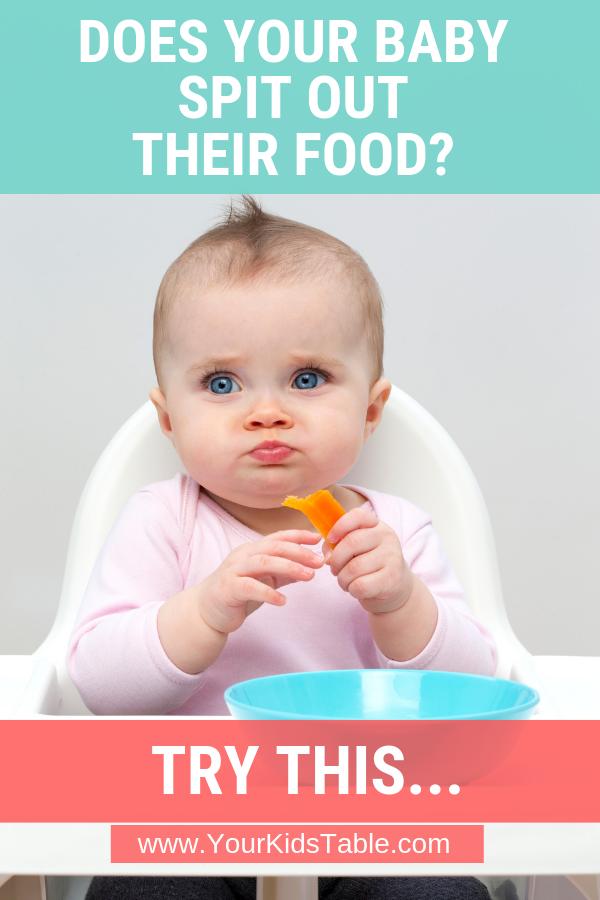Burping baby after night feed
How to Burp a Sleeping Baby: Step-by-Step Guide
Some babies are gassier than others, but most babies will need to be burped at some point. Babies need to burp a lot more often than older kids and adults. They drink all of their calories, which means they can gulp a lot of air.
Burping a baby can be important day and night. Sometimes babies fall asleep while eating and you may need to find a way to burp them while they’re still asleep. It’s remarkable how much a newborn can sleep through.
Even if your baby falls asleep, try burping them for a few minutes before placing them back down to sleep. Otherwise, they make wake up in pain with trapped gas.
Not all babies burp, though, no matter if it’s on their own or with your help. If your baby is one that needs to be burped, read on for ways to do so even when they’re asleep.
It’s common for babies to fall asleep while eating, whether nursing or bottle-feeding. As their tummy fills and they start soothing sucking motions, they often become happy and relaxed and tend to drift off.
This is especially likely to happen at night when their sleep drive is strong. But even if your little one looks content and totally asleep, for some babies it’s important you try to get a burp out of them before lying them back down.
Burping a sleeping baby is basically the same as burping a baby who’s awake. You might move slower to help them stay asleep. Some burping positions are a bit easier to maneuver with a sleeping baby.
For example, many people sit a baby upright on their knee while supporting the baby’s head by cradling their chin. This position uses gravity and the baby’s own weight to get air up and out. However, this position is more likely to wake a baby, so you might not want to try it if your aim is to keep the baby asleep.
To burp a baby, they should be in a slightly upright position so you can put pressure on their tummy. If your baby doesn’t poop right after eating, you may want to change their diaper before feeding them at night so you don’t have to wake them up if they fall back to sleep while eating.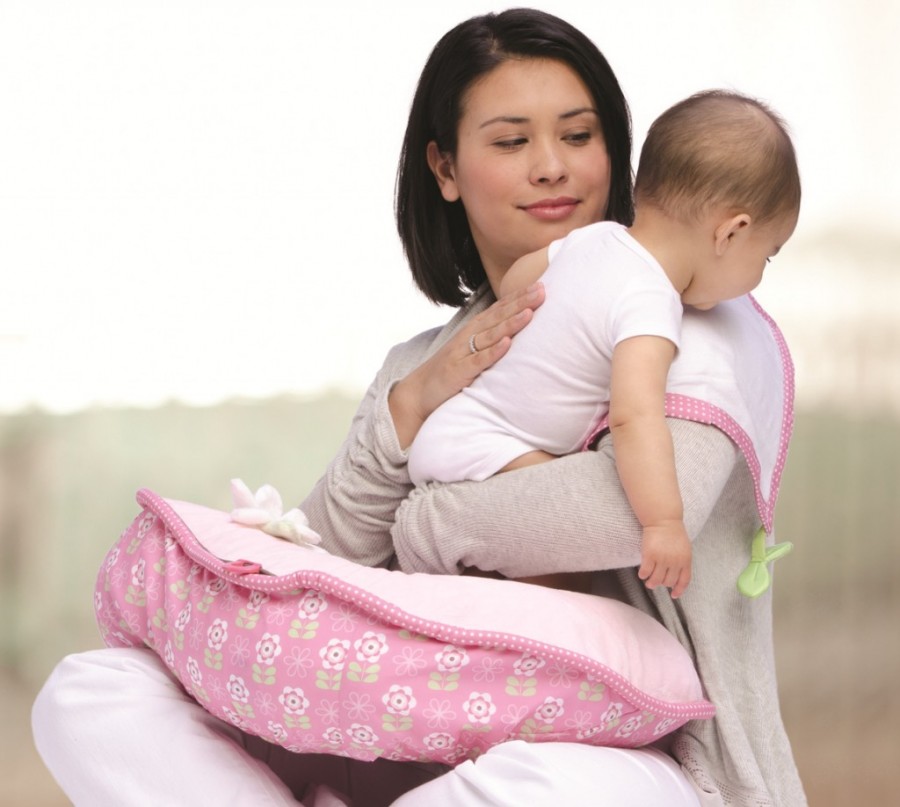
Here are some positions for burping a sleeping baby:
Burp between changing sides, or mid-bottle
A sleepy baby may enjoy their feeding so much that they overeat and don’t realize they need a pause to burp. Help your baby have a gentler burp and avoid any major gas pain by slowing down the feed.
Burp your baby between switching sides at the breast or before they finish their bottle. This will also help your baby make room for more milk instead of burping and spitting up any of their food.
Hold on your shoulder
If you feed your baby in a semi-upright position, you can gently move them all the way upright and onto your shoulder. Babies can keep sleeping in this cozy position while the pressure from your shoulder pushes on their tummy to release gas. Keep a burp rag over your shoulder if your baby tends to spit up.
Hold lower on your chest
Similar to the previous position, you can lift your baby from semi-upright to fully upright and keep them on your chest or sternum area. This may be most comfortable if you’re on a couch. Babies like to curl up with their legs in a frog position (a bonus move to release more gas from their bottoms) and you can support their head and wait for the burp to come.
This may be most comfortable if you’re on a couch. Babies like to curl up with their legs in a frog position (a bonus move to release more gas from their bottoms) and you can support their head and wait for the burp to come.
Rock on your arm (“sloth hold”)
After feeding, you can slowly turn them away from you at 45 degrees so their tummy rests on your forearm. Support their head in the crook of your elbow. Their legs may dangle on either side of your arm. This position puts pressure on their belly and you can gently pat their back until they burp. You can do this position while sitting or standing.
Lay on your knees
If you’re sitting in a chair, simply move your baby to a laying position on their tummy on your knees. You can move your legs side to side to rock them and gently pat or rub their back until a burp comes. A baby can remain asleep here as long as you want to stay sitting.
Burping is one of the many tasks parents have until their child grows into being more self-sufficient.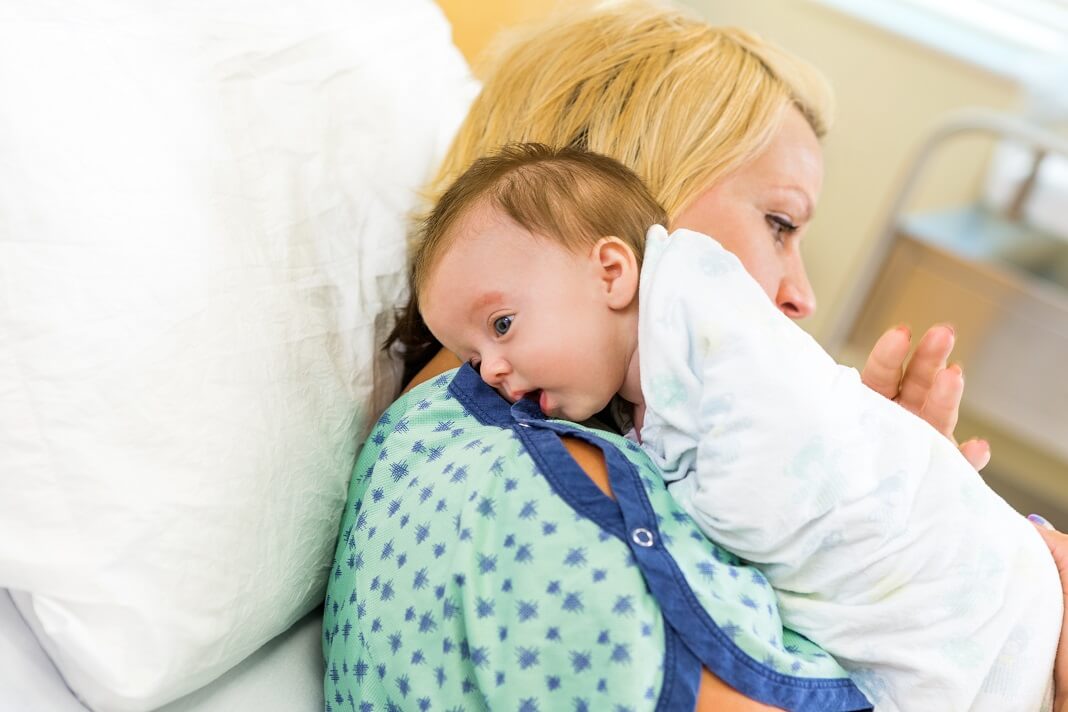 Kids and adults can easily release their own gas, but many babies need help because they have so little control over how their bodies are positioned.
Kids and adults can easily release their own gas, but many babies need help because they have so little control over how their bodies are positioned.
You’ll figure out pretty quickly if your baby is the type who can eat without burping or if they need to be burped every time. If your baby has a lot of gas or spit-up, you should talk to your doctor about reflux.
If you do have a colicky baby but you can’t seem to get them to burp, focus on any comfort measures that work and don’t worry too much about getting burps out. One study suggests that burping won’t help decrease colic.
Whether your baby burps a lot during the day, it may be worth it to burp them after every nighttime feeding. Since you’re already up feeding the baby, make the most of your time by giving a solid attempt at burping. This may get everyone a long stretch of sleep after the feeding.
Gas drops and gripe water are readily available at pharmacies but ask your doctor first before using any of them. These supplements aren’t regulated for safety and may contain dangerous ingredients. If you have a very fussy and gassy baby — whether or not they spit up often — ask a doctor for coping skills. Most babies grow out of this after a few months.
These supplements aren’t regulated for safety and may contain dangerous ingredients. If you have a very fussy and gassy baby — whether or not they spit up often — ask a doctor for coping skills. Most babies grow out of this after a few months.
Risk of choking on spit-up is very rare. It’s still important not to overfeed your baby and to try to burp them after every feeding if they seem to benefit from it.
Burping usually only takes a minute or two. Sometimes a burp will come up as soon as you move your baby upright, and sometimes you have to wait a little while and help things with a gentle pat or tummy pressure.
Another helpful strategy is to get your baby in the habit of falling asleep in their crib rather than while feeding. When you notice them getting sleepy at the breast or bottle, stop the feeding, burp them for a minute or so, and then put them down to sleep. The younger you start this, the easier it is to do.
If your baby is often stiff and uncomfortable, talk with their doctor about more help for relieving gas. Some babies with bad reflux may need to stay upright for 30 minutes after eating, day or night.
Some babies with bad reflux may need to stay upright for 30 minutes after eating, day or night.
If your baby is asleep, try burping them for a minute before you lay them back down. Sometimes babies don’t need to burp as much at nighttime because they eat slower and don’t get as much air while feeding.
If they wake up crying, soothe them, check to see if they need a clean diaper, feed them again if it’s time, and try to burp them after that feeding.
Some people believe that bottle-fed babies are more likely to get gassy, but evidence of this is only anecdotal. Bottles may expose babies to more air as they gulp and may make it easier to overfeed your baby. But every baby is different and even breastfed babies can be very gassy — sometimes because they’re sensitive to food in their mother’s diet.
Though uncommon, a breastfeeding mother may have to experiment a lot before figuring out exactly what they ate to cause their baby’s upset stomach. There’s no solid research to tell a mother what exactly causes her baby’s excess gas.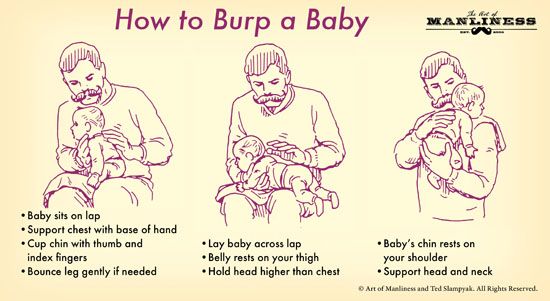 Also, many babies with gas aren’t bothered by it.
Also, many babies with gas aren’t bothered by it.
Burping is a basic but important way you can take care of your baby and keep them comfortable. Even if your baby is asleep, burping may be helpful to allow them to relieve gas so they don’t get uncomfortable or wake up too soon.
How to Burp a Sleeping Baby
It’s impossible to burp your baby when he’s asleep, right? Wrong! Learn exactly how to burp a sleeping baby using these effective techniques.
We all know to burp a baby after feeding, but what do you do if the baby falls asleep?
My newborn burped easily—and loudly!—when he was awake (in fact, I often fed him after he woke up, not before sleep). But for bedtime and middle-of-the-night feedings, he’d fall straight to sleep, just as I wanted him to.
But as you can imagine, getting a burp out of him was often impossible. I knew some babies don’t need to get burped all the time, but burping helped him avoid being fussy and feeling uncomfortable.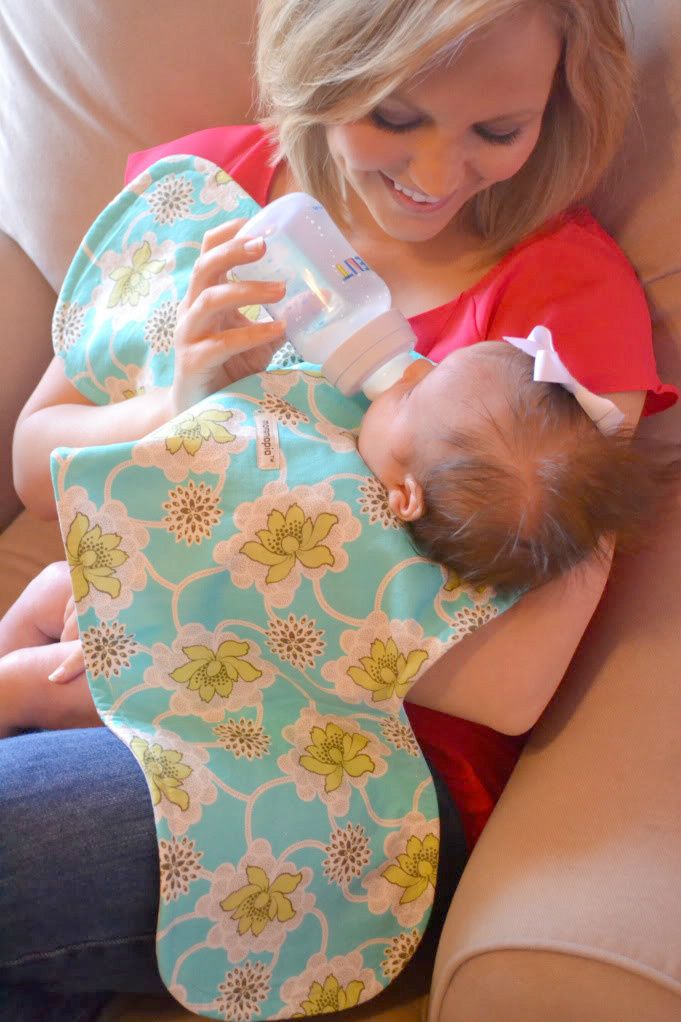 I could never figure out how to burp a sleeping baby and didn’t even know if it was possible.
I could never figure out how to burp a sleeping baby and didn’t even know if it was possible.
Can I put my baby straight down if he’s asleep? Do I wake him up? Is there a specific technique I need to learn? And considering that both baby and I were half-asleep, I didn’t feel inclined to wake him up even if I could.
How to burp a sleeping baby
Despite the seeming impossibility of burping a sleeping baby, I researched ways to make it happen. And what I learned helped me not just burp my baby, but to know exactly how to do it if he was asleep.
Here’s the thing, too: It’s okay if your baby doesn’t belch a loud one after a feeding. Because you’ll find that the simple act of even trying to get him to burp can often be enough.
But that also doesn’t mean that you lay him down immediately and avoid burping altogether, no matter how sleepy he is. Because I also learned that you don’t need to wake him up to burp, only to end up with a cranky baby who can’t fall back asleep.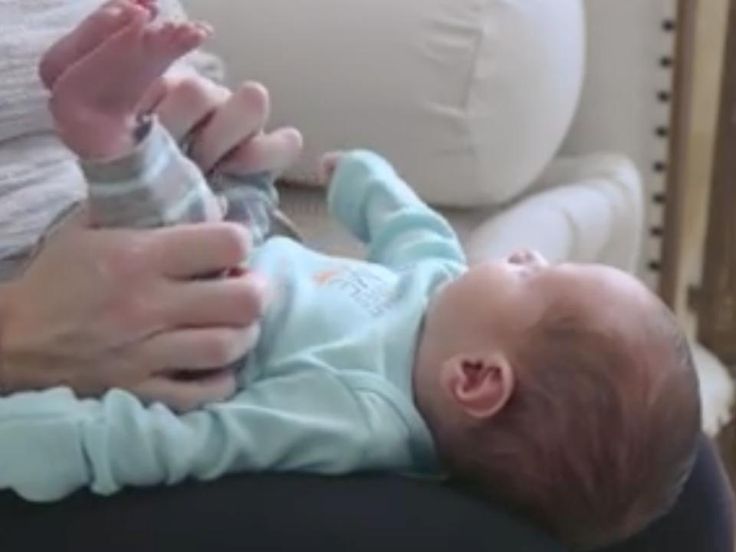
So, what if he doesn’t burp and falls asleep? And what happens if he doesn’t burp because he’s fallen asleep?
Follow these best ways below (watch the video or read the tips). More than likely, you’ll be able to get a good burp out of him or, at the least, prevent massive spit-ups and fussiness:
1. Hold your baby upright for a few minutes
How long should you keep trying to burp a sleeping baby?
Sleep deprivation in the middle of the night meant I had zero inclination to burp my baby for hours on end. In fact, I simply limited burping time to five to ten minutes—I’d literally look at the clock and set him down five minutes after feeding.
Sometimes I got a burp, while other times I didn’t. I learned it was actually more important that I was holding him upright.
Yes, gently patting his back helps move the air bubbles up, increasing your chances of burping your sleeping baby. But even if he doesn’t, holding him upright will at least help his food move down to his tummy and decrease the chances of spit-up.
So, whether he burps or not, make it a habit to set aside five minutes post-feeding just to hold him upright. Those few minutes will help him feel more comfortable once you finally put him down—even if he won’t burp at night.
2. Move as you hold your baby in your arms
Want to do more than just pat your baby for a burp? Try moving around slowly and gently as you hold him in your arms. This can help move the gas along where simple patting isn’t cutting it. The plus side? This gradual movement likely feels soothing to your baby as well!
As I say in my ebook, How to Get Your Baby to Sleep Without Being Held:
“When babies are uncomfortable, they fuss, cry, and can’t sleep in long stretches—sometimes even when we hold them in our arms. Gas becomes yet another obstacle that prevents them from getting the sleep they need.”
So, hold your baby upright, and then try these simple motions:
- Sit and lean your upper body forward and back, and then side to side.
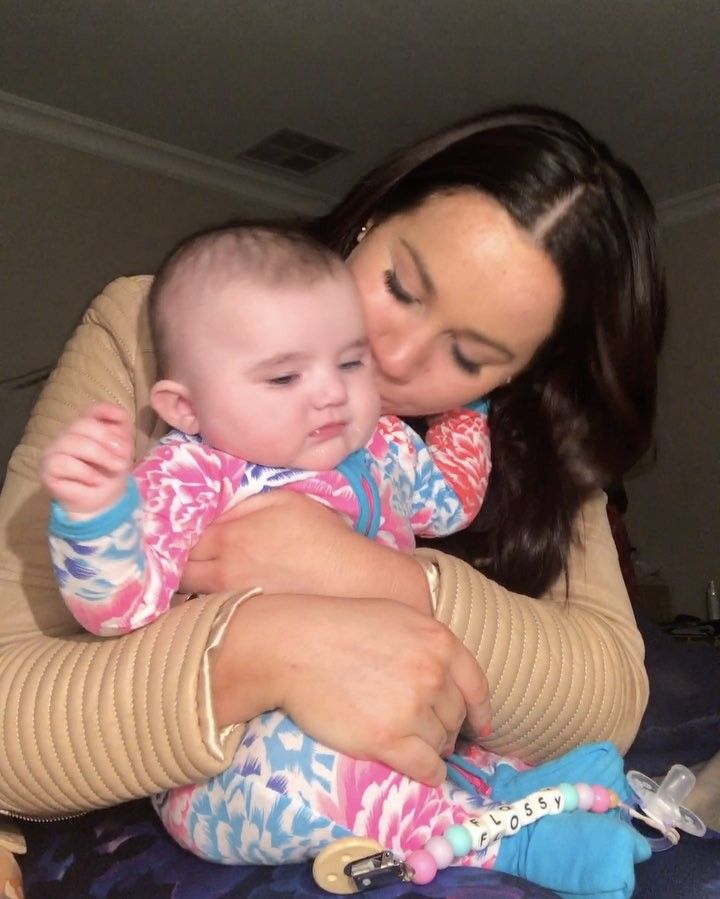
- Bounce slowly on a yoga ball.
- Use your arms to slowly rock him in your arms.
- Sit and rock in a rocking chair.
Because he just ate and is asleep, keep your movements pretty minimal (you don’t want additional spit-up here!). But these small movements can do plenty to help him pass gas.
Free resource: Does he only sleep in your arms? Grab a free chapter of How to Get Your Baby to Sleep Without Being Held! Learn effective tips and strategies to finally ease him out of your arms. You’ll also get my newsletters, which parents say they LOVE:
“Nina! How do you always do this?! You are one of the very few emails I read and save in my inbox. You are better than my therapist when it comes to me and my little girl. Thank you so much for your emails!” -Deidre Owen
3. Move your baby into different positions
Disclosure: This article contains affiliate links, which means I will earn a commission—at no extra cost to you—if you make a purchase.
Maybe your baby is so asleep, even patting and holding him upright are ineffective. In that case, try moving him into different positions that can help squeeze the gas out. For instance, you can:
- Do the elbow-to-knee trick. Lay him down and move his right elbow and left knee toward each other, and repeat with the opposite limbs. You might even get farts as well from this exercise!
- Unswaddle or swaddle. Sometimes the motion of being swaddled or unswaddled is enough to move his body to encourage a burp. A ready-made swaddle like this makes it really easy.
- Lay him on his stomach across your lap. Even if he’s asleep, the weight of his body on his tummy can lead to a burp, especially if you rub his back as well. But be careful to avoid this position if he tends to spit up.
- Lay him down and pick him up. A change in position can be all it takes to get him to burp.

- Sit him on your lap with your hand under his chin. Then, lean him slightly forward and pat his back.
Conclusion
Still worried that your baby isn’t burping enough because he’s asleep? Take heart that when sleepy babies feed, they’re usually so relaxed that they’re less likely to intake extra air. If you find that he isn’t fussy, wiggly, or restless at wake-up time, he may not need to burp each time.
In short, it’s okay to put him to sleep without burping.
But if he does need to burp while he’s sleepy, now you know the baby burping tricks to help. Hold him upright for five minutes and pat his back to help his stomach digest. If that’s not enough, hold him in the same position and gently rock him.
You could also move the gas along by trying different positions and exercises, especially for stubborn burps. And remember, you don’t need to wake him up to get a good burp. From simple pats to exercises, you can absolutely burp your baby, even if he’s asleep.
Get more tips:
- When to Stop Burping a Baby
- Burping a Newborn After Breastfeeding: Necessary or Not?
- How to Burp a Baby (when You’ve Tried Everything Else)
- 13 Ways to Cope with Newborn Sleep Deprivation
- How to Survive the First Few Weeks with a Newborn and Toddler
Don’t forget: Join my newsletter and grab a free chapter of How to Get Your Baby to Sleep Without Being Held:
why baby spit up after feeding
If a child spits up after feeding, this is in most cases due to the anatomical immaturity of the upper digestive system. More often than others, premature babies, babies with congenital pathologies suffer from regurgitation. Sometimes the cause is the wrong breastfeeding technique.
Regurgitation in infants is perhaps the most common occurrence in modern pediatrics. More than half of children spit up at least once a day, which is almost always a physiological reaction.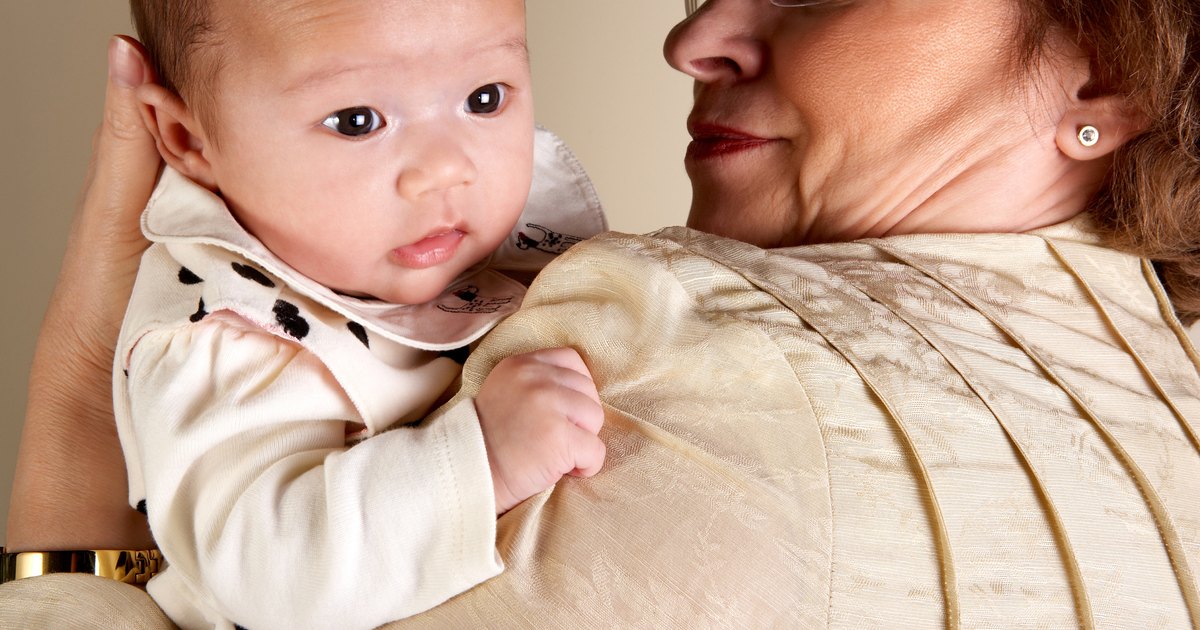
As the baby grows older, spitting up less and less and by 6 months it practically stops doing so. However, sometimes the problem remains, and burping continues for up to a year. In such a situation, you need to make sure that the gastrointestinal tract is functioning normally and consult a doctor.
Why does the baby spit up after every feed
There is a very simple explanation for this. The esophagus of newborns is a funnel with a wide part at the top, and the sphincter at the transition to the stomach actually gapes and hardly retains food.
Normally, after food enters the stomach, the sphincter contracts and prevents it from “returning” into the esophagus. But in this case, when the stomach is full, part of the contents immediately comes out if the baby takes an inclined or horizontal position.
Babies have two more features: increased pressure over the lower esophageal sphincter, as well as a straight and sometimes obtuse angle of His, formed by the side walls of the esophagus and stomach. In adults, this angle is sharp, which also prevents the return of food eaten into the esophagus.
In adults, this angle is sharp, which also prevents the return of food eaten into the esophagus.
After feeding, do not put the baby on his stomach, it is better to hold him upright in your arms, trying not to put pressure on his chest. But if he still burps, you should not worry, this is a normal process. If in doubt, please contact our doctors. At a remote consultation, they will explain the causes of regurgitation, talk about pathologies. If necessary, they will tell you which specialists to go through.
A few more reasons why a child often spit up
Physiological belching after feeding is due to two factors: swallowing air (aerophagia) and increased intra-abdominal pressure. The first is usually associated with fast and greedy suckling, improper attachment of the baby to the breast, or the wrong position of the bottle when it comes to artificial feeding. An air bubble forms in the stomach, pushing out a small amount of milk or formula.
The same results are obtained by a quick change in the position of the baby's body after feeding, which will easily burp if it is immediately started to swaddle, shake, bathe or massage. After all, his stomach resembles an open bottle: tilted / turned over - the contents spilled out.
As for the increase in intra-abdominal pressure, it increases with a too tight diaper or tight swaddling, as well as against the background of increased gas formation, intestinal colic or stool retention.
Regurgitation in newborns after feeding may be due to the lack of a feeding regimen and overeating.
Baby burps an hour after feeding: what does it mean
The most common cause is constipation, which increases intra-abdominal pressure. Food moves slowly through the gastrointestinal tract, so the child can burp an hour or two after feeding.
Attention! Delayed regurgitation combined with delayed defecation may be a sign of a lazy stomach. But such a diagnosis should be made by a doctor.
But such a diagnosis should be made by a doctor.
5 causes of regurgitation in newborns after formula feeding
The selection of artificial nutrition is a purely individual process with an unpredictable result. There is no 100% guarantee that the mixture will suit the child, even if the brand is very popular.
Poor digestion of the mixture may well cause not only frequent spitting up, but also other digestive problems, including colic, constipation and allergic reactions. In addition, store-bought baby food has a denser texture than breast milk and lasts longer in the stomach. Therefore, the likelihood of its reverse promotion to the esophagus after feeding is higher.
Your baby may spit up after every feed because:
- the proportions of dilution of the mixture are violated;
- the feeding regime is not observed;
- the transition from breastfeeding to artificial feeding was too abrupt;
- the wrong bottle is selected;
- allergy.
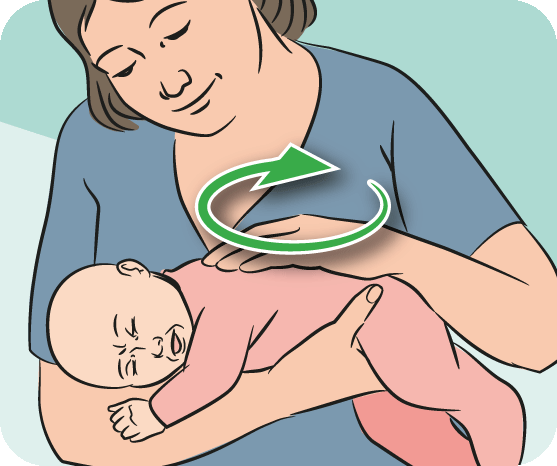
Misproportioning when diluting the mixture
Each manufacturer indicates on the packaging of the mixture how much water is required to dilute it, and what volume is suitable for the baby by weight and age. Sometimes mothers mistakenly or intentionally dilute food in a way that is not recommended, and the child eats more than normal. As a result, the surplus, of course, comes out.
Case study:
After 3 months, a breastfed child suddenly began to behave restlessly, sleep poorly, spit up after eating, weight gain became slightly below normal. From a conversation with the mother, the doctor learned that the baby was fed too often, the feeding regimen was not observed. After increasing the intervals between breastfeeding, the regurgitation stopped.
Refusal of night feedings is also undesirable: the daily volume of food is distributed during the daytime, which leads to stomach overload and regurgitation.
Feeding schedule not followed
Unlike natural, artificial feeding involves eating by the hour.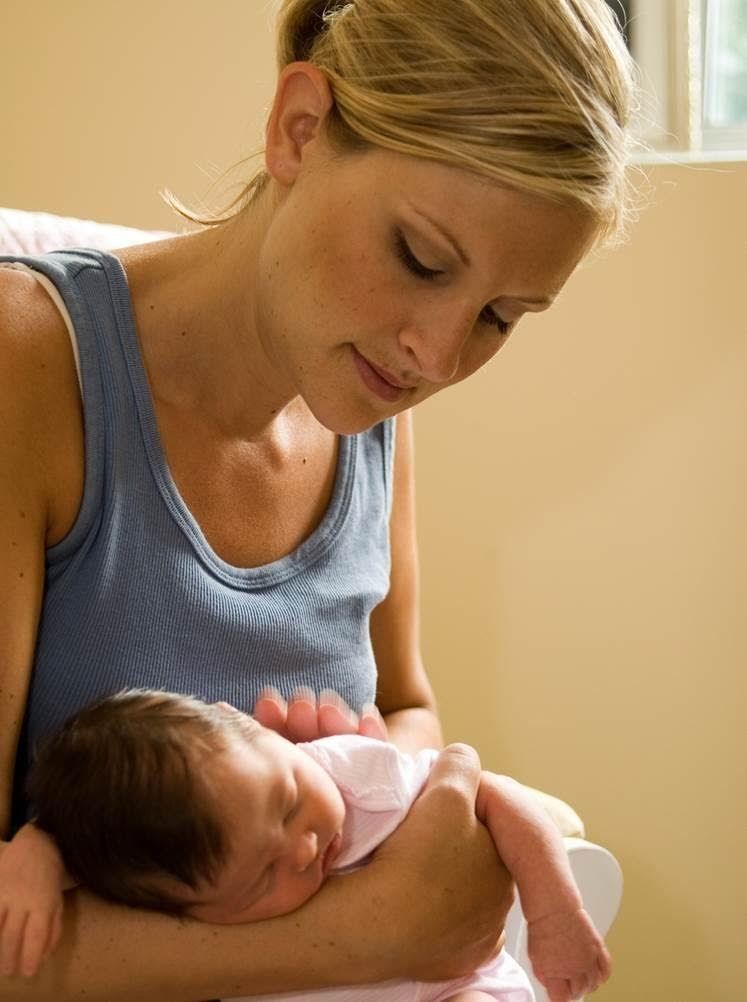
Baby food takes longer to digest, so the recommended interval between feedings is at least 3 hours. If you feed the child more often, he will “give out” the excess back, since the previous portion has not yet been absorbed.
Abrupt transition from breastfeeding to artificial feeding
When changing the diet, the child's body must first get used to, adapt to the new food. This applies not only to the transition from breastfeeding to artificial feeding, but also from one type of mixture to another.
Wrong bottle selected
This refers to the too wide neck of the container, because of which the child swallows a lot of air along with food. Its discharge will provoke regurgitation after feedings.
Allergy
An allergic reaction to cow's milk protein causes inflammation of the intestinal wall, which in turn leads to malabsorption. Carbohydrate metabolism worsens, since secondary lactase deficiency occurs against the background of an inflammatory reaction - a decrease in the synthesis of the lactase enzyme.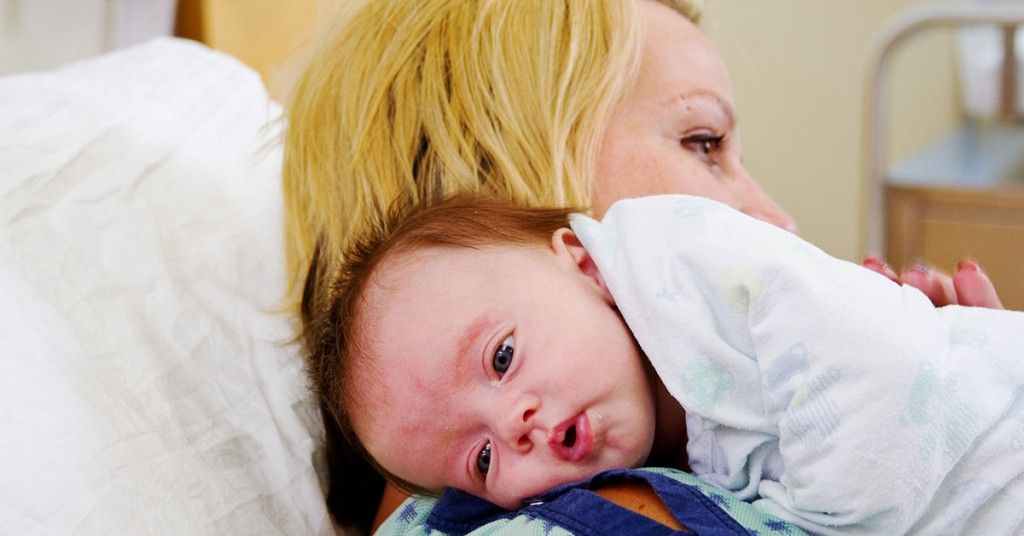
As a result, sugar is broken down incorrectly, increased gas formation occurs, and the baby spits up a fountain. In addition, the baby may feel discomfort at the beginning of feeding and react with an increase in nervous excitability during the period of increased intestinal motility. This also often leads to belching.
What does curd spitting up mean
Belching with curdled milk after feeding only indicates that the food was in the stomach for some time and managed to curdle - it was fermented. The reason may be in a change in body position or indicate pyloric stenosis with profuse vomiting with a fountain.
Attention! When spouting against the background of pyloric stenosis, the child spits up profusely, the jet scatters to a distance of half a meter.
What to do
First you need to make sure that you really need to do something. Pediatricians are advised to determine the intensity and frequency of regurgitation on a five-point scale.
| Points | Regurgitation frequency | Volume |
| one | No more than 5 per day | Not more than 3 ml |
| 2 | > 5 times a day | > 3 ml |
| 3 | > 5 times a day | > 0.5 volume of food eaten |
| four | After every feeding | Small amount over 30 minutes or more |
| 5 | At least half of the meals are accompanied by regurgitation | > 0.5 volume of food eaten |
Now you can determine if there really is a problem. The criteria are:
- the baby is not yet a year old;
- he spits up 2 times a day for 3 weeks or longer;
- before burping there are no precursors, specific signs;
- during regurgitation, the tension of the anterior abdominal wall is not felt;
- there are no difficulties with swallowing, sucking, the child does not take any specific forced position;
- the baby does not begin to sweat a lot, turn pale after burping, and feels normal;
- he is active, has a good appetite, and is gaining weight appropriately for his age.

The above points indicate that everything is in order.
If the intensity and frequency of spitting up is 3 points or more, this is a reason to consult a doctor. Our doctors are ready to advise on all issues at any time of the day. At a remote consultation, possible causes will be identified, and a plan of further action will be drawn up.
How parents determine the amount of rejected food
Normal regurgitation after feeding occurs in small volumes, within 1-2 tablespoons. You can determine how much food came out when you burp.
When the child burps into the diaper, you need to pour 1 tbsp nearby. l. water and compare the size of the spots. If they are almost the same, there is no reason to worry.
Alarm symptoms
Medical assistance is necessary if the child spits up a lot after feeding, while crying and acting up. A bad symptom is the requirement of supplementary feeding, that is, the baby remains hungry after he has eaten his portion.
Serious illnesses can present with symptoms such as:
- sudden weight loss, weight gain does not meet the standards;
- lack of stool;
- profuse vomiting with an admixture of bile;
- urination less than 8-10 times a day;
- continued spitting up after the child is one year old.
How to deal with regurgitation: a step-by-step guide
If the baby is spitting up after feeding breast milk or formula, you can start with a nutritional correction. When breastfeeding, it is important to ensure that the baby completely captures the nipple along with the areola. His lower lip is usually slightly twisted.
Step 1
It is better to feed the baby while sitting, holding the baby at an angle of 45-60 ° to the chest. In this position, the air freely leaves the stomach, due to which the likelihood of reflux of food into the esophagus is reduced. After eating, it is preferable to put it on its side in a crib: this way, when returning from the stomach, the masses will not enter the respiratory tract. If the child burped while lying on his back, you should lift him up and turn him face down.
If the child burped while lying on his back, you should lift him up and turn him face down.
Step 2
After the baby has eaten, it must be held upright (pose of a soldier) for at least 20 minutes.
Step 3
You can partially remove the air from the stomach before feeding, putting the baby on the stomach for 10-15 minutes. With a tendency to intestinal colic, a light massage of the abdomen, which is done in between meals, will help.
Step 4
Even if the child is constantly spitting up, this is not a reason to transfer him to artificial mixtures. But a clear feeding regimen is desirable after a more or less strict period of time. In addition, mom should follow a hypoallergenic diet and exclude foods that can provoke flatulence - cabbage, legumes, black bread.
Step 5
For artificial babies, it is preferable to use a special anti-colic bottle and a nipple with a special design. The bottle has a valve that prevents you from swallowing air while eating. It is also necessary to make sure that the milk does not flow like a river, but slowly drips, that is, the hole in the nipple must have the appropriate diameter.
It is also necessary to make sure that the milk does not flow like a river, but slowly drips, that is, the hole in the nipple must have the appropriate diameter.
Step 6
When buying a mixture for a spitting up baby, it is better to consult a pediatrician. He may recommend a hypoallergenic formula or a formula that does not contain bovine protein. For some children, the so-called anti-reflux mixture is suitable.
Step 7
Normally, complementary foods are introduced from the 4th month of a child's life, but in the presence of regurgitation, it is allowed to include food thickeners in the diet after the 1st month. It can be mixtures with rice flour, rice porridge without milk. But they are used in an amount of a maximum of 1 tsp. in one feeding.
Pitch 8
Do not swaddle too tightly, massage, and generally somehow disturb the child after eating. You can only lightly pat him on the back, putting him on his knees, to prevent spitting up.
Step 9
Is the child overeating? To check this, you just need to weigh it before feeding and after. And it does not matter what he eats - mother's or artificial milk.
FAQ
What symptoms should you call an ambulance for?
+
If, after spitting up, the child does not breathe or has lost consciousness; lips and face take on a bluish tint; reflux - gastric contents - has a green or brownish color, which may indicate intestinal obstruction, gastric bleeding.
Why does a baby spit up breast milk, but formula does not?
+
If everything is in order with the calculation of “doses”, and there is no overfeeding with breast milk, most likely it is lactose intolerance. To clarify the diagnosis, it is necessary to take tests.
Should I supplement my baby if he burps?
+
No, by no means.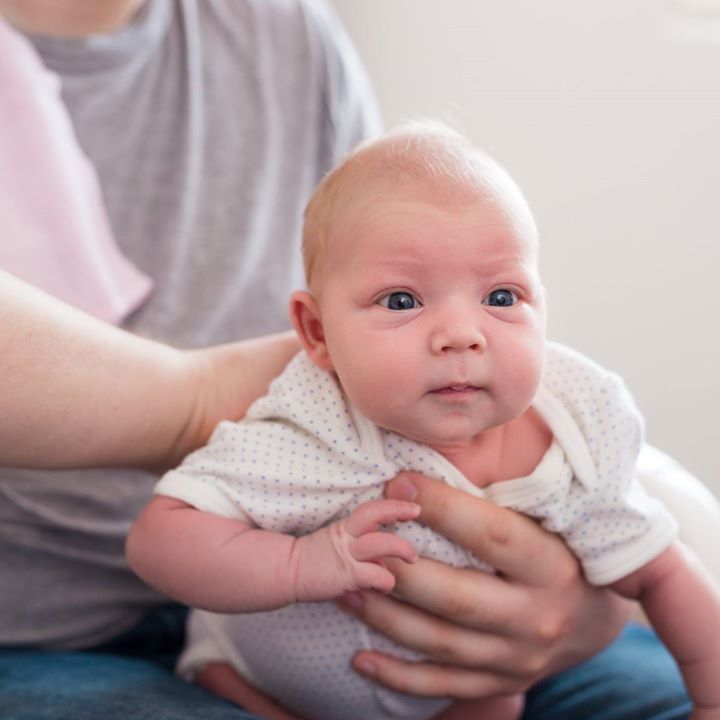
What complications can regurgitation cause?
+
Lack of weight gain and even weight loss are the most harmless consequences. With a long-term existence of the problem, 15% of children have a developmental delay, however, only in the physical. Insufficient digestion of food leads to anemia, vitamin deficiency and an increased risk of aspiration pneumonia when inhaled gastric masses.
Expert opinion
If the baby spit up after feeding, this is completely normal in the absence of alarming symptoms. In case of profuse regurgitation, insufficient weight gain, restless behavior, the baby should be shown to the pediatrician.
reasons to see a doctor and preventive measures
Digestive problems, symptoms and treatment
Spitting up or regurgitation in a baby is a condition in which there is a passive throwing of gastric contents out and into the oral cavity. It is a functional digestive disorder. However, with it, even if the child often burps, the functions of any systems and organs are not violated, his state of health does not suffer. More often the baby can spit up towards the end of the first month of life.
It is a functional digestive disorder. However, with it, even if the child often burps, the functions of any systems and organs are not violated, his state of health does not suffer. More often the baby can spit up towards the end of the first month of life.
Authors: Candidate of Medical Sciences, Associate Professor Pakulova-Trotskaya Yu.V. Nyankovskiy S.L.
An infant burps a lot, as this is facilitated by the anatomical and physiological characteristics of the digestive system. This condition occurs in babies who eat greedily, swallowing a lot of air during feeding. The newborn also burps in cases where the composition and volume of food do not correspond to the functionality of the crumbs, in case of violation of the diet and improper technique of attachment to the breast.
Causes of regurgitation in a child
In newborns, regurgitation is promoted by the peculiarities of the gastrointestinal tract and its general immaturity.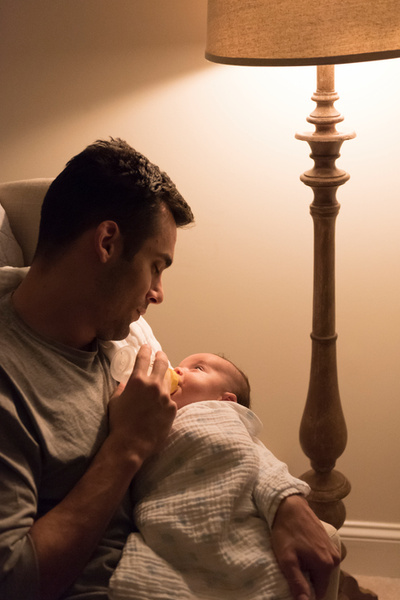 But sometimes infantile regurgitation can be a symptom of a serious illness. Therefore, you need to see a doctor to determine the reason why the newborn is spitting up. It is important not to forget that in rare cases, regurgitation can provoke dangerous complications: esophagitis (inflammation of the esophageal mucosa), aspiration pneumonia (pneumonia), anemia (lack of hemoglobin), and sometimes sudden infant death syndrome.
But sometimes infantile regurgitation can be a symptom of a serious illness. Therefore, you need to see a doctor to determine the reason why the newborn is spitting up. It is important not to forget that in rare cases, regurgitation can provoke dangerous complications: esophagitis (inflammation of the esophageal mucosa), aspiration pneumonia (pneumonia), anemia (lack of hemoglobin), and sometimes sudden infant death syndrome.
Once the cause of the child's spitting up has been determined and serious illness has been ruled out, the diagnosis of infantile regurgitation can be made. The following criteria are taken into account:
- Spitting up two or more times a day for more than three weeks, while milk or formula can flow either through the mouth or through the nose.
- The baby's general condition is not disturbed, he swallows normally, there are no apnea attacks (stops in breathing), there is no vomiting and aspiration, there are no blood impurities in the contents.

There are such reasons why a baby spit up formula or breast milk:
- There is more food than the baby's stomach can "hold" and digest. It is believed that the main reason why a child spits up a fountain is feeding "on demand". The first 6 months of life, the cardial part of the stomach is not perfect, the cardiac sphincter is poorly developed, which prevents food from being thrown into the esophagus. Liquid food quickly enters the intestines, peristalsis occurs, which contributes to an increase in pressure in the fundus of the stomach. This provokes the ejection of food.
- Flatulence - air bubbles put pressure on the walls of the stomach, causing regurgitation.
- Excessive activity of the nervous system of newborns.
- Constipation.
When spitting up, it is important to watch how the baby gains weight. If he is normal, the baby sleeps well, smiling, then regurgitation is not a health problem. But do not forget that the reasons why the child often burps may be congenital malformations of the esophagus, a foreign body in it, diaphragmatic hernia, pathologies of the nervous system, lactase deficiency, infectious diseases.
How often the child spit up
Anatomical and physiological features contribute to the fact that the child spit up a lot at an early age. The tone of the lower esophageal sphincter is reduced, therefore, as soon as intragastric pressure rises for one reason or another, food is thrown out.
Often regurgitation occurs at 2 weeks of age. The frequency and intensity of infantile regurgitation increases in the second month and lasts up to about six months. After 6 months, the baby spits up less. In some children (about 10% of cases), this condition can persist for up to 1 year. The child often spits up the first 3 months of life - this happens in almost 100% of children. At 4-6 months, regurgitation can persist in about 60% of cases, from 6 to 12 months - 20%, very rarely - after 1 year (about 2% of cases). Every baby burps after a feed at a different rate. Sometimes even completely healthy babies can spit up 20-30 times a day.
If a newborn spits up a lot, this is a normal reaction of his body. Regurgitation can occur in completely healthy children, but in a small amount (up to 3 ml) and not too often. Often such a condition resolves on its own before the end of the first year of life, but sometimes, if the child spit up heavily, an examination may be necessary.
Regurgitation can occur in completely healthy children, but in a small amount (up to 3 ml) and not too often. Often such a condition resolves on its own before the end of the first year of life, but sometimes, if the child spit up heavily, an examination may be necessary.
The following points should alert:
- the presence of bile, blood in the masses;
- baby loses weight;
- progression of regurgitation;
- crown ripple;
- child spits up like a fountain, the situation is repeated many times;
- deterioration in general condition;
- delayed physical development;
- hepatosplenomegaly.
Content of regurgitation
The main indicator of a child's health in the first months of life is his physical development. What to do if the baby spits up breast milk while breastfeeding? If he systematically gains weight, height, behaves normally, do not worry. When the baby grows up a little and switches to a more solid diet, regurgitation will disappear over time.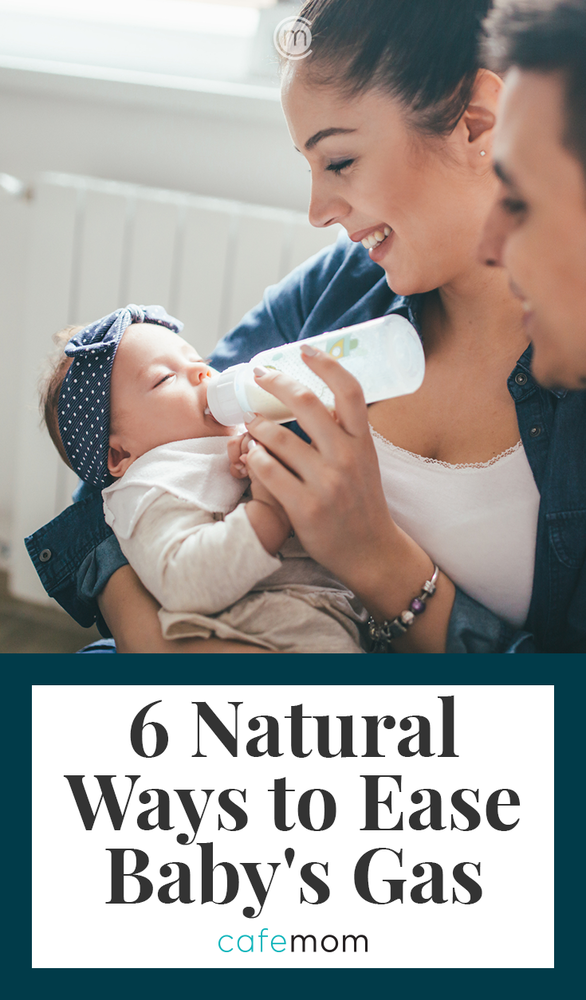
Sometimes a newborn spit up curd. Such content does not indicate disease or malformation. Most often, this situation occurs if during feeding the baby swallows a lot of air, he has bloating or normal overfeeding. If a child is spitting up cottage cheese, the following actions will help eliminate this:
- Feed the baby often, but in small portions;
- hold it at a 45 degree angle for a while after feeding to encourage the baby to burp air;
- apply correctly up to the chest;
- give a remedy for excessive gas formation.
Sometimes babies spit up formula while formula-fed because it may not be the right formula for them. In this case, choosing a different diet, you can get rid of regurgitation. Or simply making a smaller hole in the nipple is enough to prevent a lot of air from getting in.
Regurgitation is considered to be physiological, if their volume is not more than 2 tablespoons, they occur an hour after feeding and disappear at about 9months. At the same time, the child spits up milk, slightly curdled or unchanged, recovers normally and grows.
At the same time, the child spits up milk, slightly curdled or unchanged, recovers normally and grows.
One can speak of a pathological character in cases where:
- regurgitation occurs later than an hour after eating;
- more frequent at night;
- frequency of regurgitation - more than 7 times a day;
- rejected food in the amount of 3-5 ml and more;
- turns into vomiting that does not stop;
- poor weight gain;
- regurgitation with blood, bile;
- the process does not go away by the age of one.
All this may indicate the possible presence of a disease. If you notice at least one of the listed signs or a combination of them, you should immediately contact a gastroenterologist or pediatrician.
What is the difference between regurgitation and vomiting?
The main difference between regurgitation and vomiting is that in the first case it is more often a physiological act, and in the second it is the result of a particular pathology.
- Vomiting is a reflex of the nervous system, which involves the skeletal and smooth muscles of the digestive system (only smooth muscles during regurgitation). In this case, the contents of the stomach are emptied through the mouth due to the coordinated work of such organs as the esophagus, stomach, intestines and diaphragm. During vomiting, much more fluid is lost compared to spitting up, as a result of which dehydration can occur and the baby's condition is disturbed. Vomiting can occur at any time, regardless of whether the child has just taken food. Often occurs in copious amounts, can be repeated several times in a row. Older children may complain of nausea and abdominal pain before vomiting.
- There is no discomfort during regurgitation, the baby is calm. There is no need to worry if the child spits up water. During feeding, the milk that enters the stomach coagulates. Thus, it is divided into curd and whey, which looks like water. It is she who comes out when she burps.
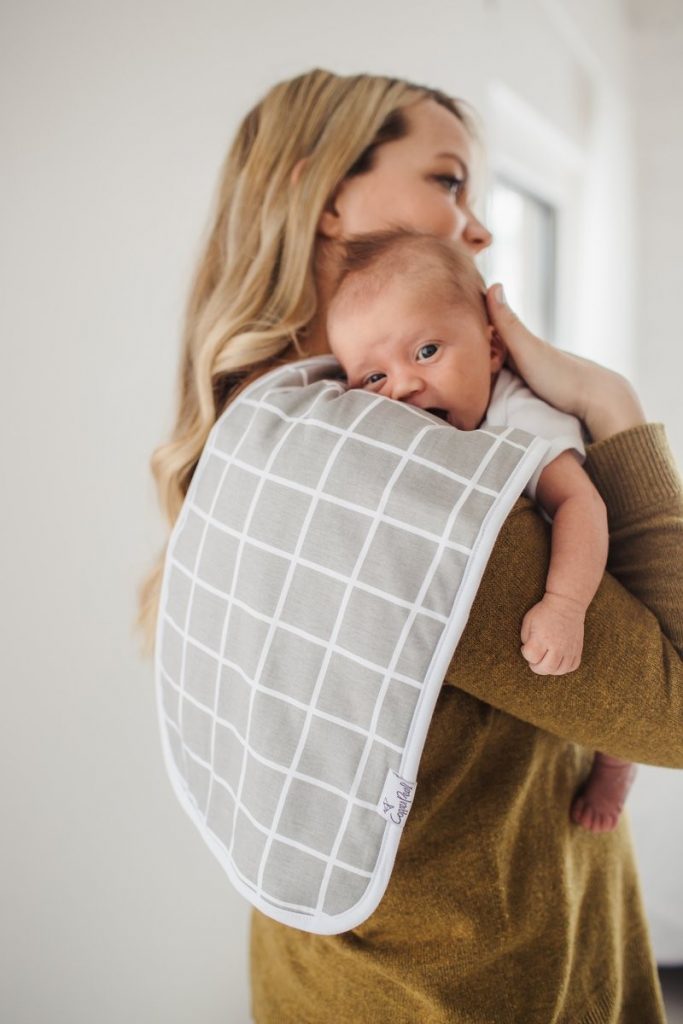 This is normal. Another reason is excessive salivation, then the water spit up is saliva that the baby has recently swallowed.
This is normal. Another reason is excessive salivation, then the water spit up is saliva that the baby has recently swallowed.
It also happens that the child burps through the nose. This happens when the baby is not fed properly. If regurgitation through the nose is repeated often, you should consult a doctor, as this violates the integrity of the nasal mucosa, polyps may occur over time.
If a newborn spit up yellow, this is definitely not normal. This is possible with various infectious diseases, intestinal obstruction, lactose intolerance, food allergy to the mixture, adverse effects on the intestines of antibiotics.
In some illnesses, the newborn vomits like a fountain. These are pylorospasm and pyloric stenosis. In the first case, medical treatment is sufficient, and in the second, the baby needs an emergency operation. It is especially important to act quickly if the child does not gain weight, his general condition is disturbed.
When should I consult a doctor?
If a newborn spits up in small amounts, this is a common functional disorder that often occurs in young children.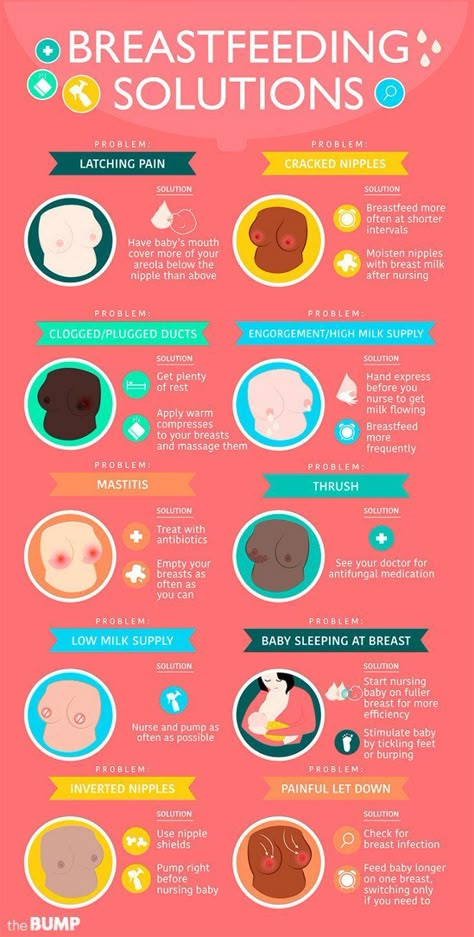 But sometimes it happens that such a condition may indicate certain diseases and developmental anomalies.
But sometimes it happens that such a condition may indicate certain diseases and developmental anomalies.
Cases in which you need to see a doctor:
- spitting up more profusely than before;
- the general condition of the child is disturbed;
- if the child spit up frequently compared to before;
- there is severe weight loss;
- body temperature rises;
- regurgitation suddenly started in the second half of the year;
- profuse regurgitation "fountain";
- signs of dehydration;
- regurgitation yellow, with blood;
- protrusion of the crown;
- feeling of hunger after regurgitation in large quantities;
- regurgitation continues after 1 year of age.
How can I help my baby spit up?
Many parents wonder what to do if their baby is spitting up more often than before. Treatment in this case must necessarily be complex, taking place in several stages:
- It is important to pay attention to feeding the baby - to follow the rules of eating and cooking.
 Remember that if regurgitation is a physiological condition, then it will pass with time.
Remember that if regurgitation is a physiological condition, then it will pass with time. - During feeding, the newborn should be in a semi-vertical position (45-60 degree angle). After eating, it must be kept in the same position for another 20 minutes. The child often spits up due to swallowing air. It will also help to avoid raising the head end of the bed by 30 degrees.
- Diet and normalization of the diet. If the baby is spitting up, it is recommended to feed him often, in small portions. The pediatrician may prescribe a special anti-reflux mixture as an additional food for breastfeeding and the main one for artificial feeding. Such mixtures are more viscous, as they contain special thickeners. When a newborn spit up, the amount of anti-reflux mixture and the duration of its intake are selected individually. Sometimes 20-40 ml before feeding may be enough. If the effect is achieved, the child can be transferred to feeding with a regular mixture or breast. If the need arises, the baby can eat an anti-reflux mixture for a long time as the main food.

The reason why the baby spit up a lot is also an allergy to cow's milk protein. In this case, it is important to change the diet of a nursing mother - to exclude foods that contribute to excessive gas formation (dairy products, legumes, cabbage, spices, eggs). Artificialists should avoid mixtures that contain any amount of undigested protein, even a small amount. You need to choose mixtures with complete hydrolysis of the protein.
To normalize the motility of the digestive organs, if necessary, the doctor prescribes special means according to an individual scheme.
Often, due to the anatomical and physiological characteristics of development in children of the first months of life, regurgitation can be observed. These disorders can be effectively dealt with through diet therapy.
Nutrilon Anti-Reflux helps reduce the frequency and severity of regurgitation in children thanks to its natural gum content.
With a 40:60 ratio of whey proteins and casein, this blend helps to improve digestive health.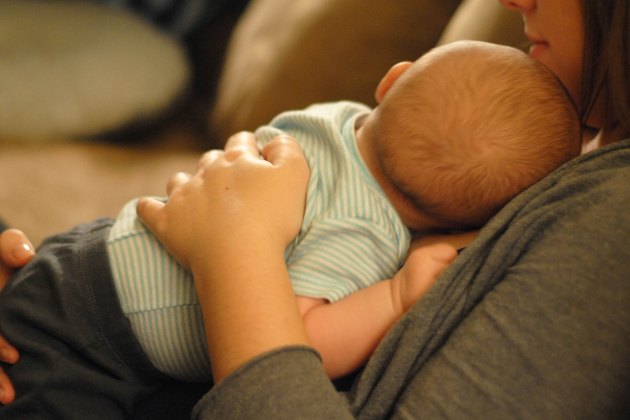
In addition, Nutrilon Antireflux Blend contains:
- Long-chain polyunsaturated fatty acids Omega-3/Omega-6 - necessary for the normal development of the nervous system and brain, which is closely related to the level of intelligence of the child. The mentioned acids are also involved in the development of the retina and have an overall positive effect on the emotional state of the child 1-2 . More
- Nyankovskiy S. L. Immunomodulatory and immunomodulatory injection of the prebiotic complex of oligosaccharides in Immunofortis in children of the early age, who are on the box plant / S. L. Nyankovskiy, O. S. Ovryanenko // Dobryanskiy D. pediatrics. - 2010. - No. 5 (33). - S. 147-150.
- Willatts P, Forsyth JS, DiModugno MK, Varma S, Colvin M. Effect of long-chain polyunsaturated fatty acids in infant formula on problem solving at 10 months of age. Lancet. 1998;352(9129):688-691.
- Koletzko, Berthold & Lien, Eric & Agostoni, Carlo & Böhles, Hansjosef & Campoy, Cristina & Cetin, Irene & Decsi, Tamás & Dudenhausen, Joachim & Dupont, Cristophe & Forsyth, Stewart & Hoesli, Irene & Holzgreve, Wolfgang & Lapillonne, Alexandre & Putet, Guy & Secher, Niels & Symonds, Mike & Szajewska, Hania & Willatts, Peter & Uauy, Ricardo.


